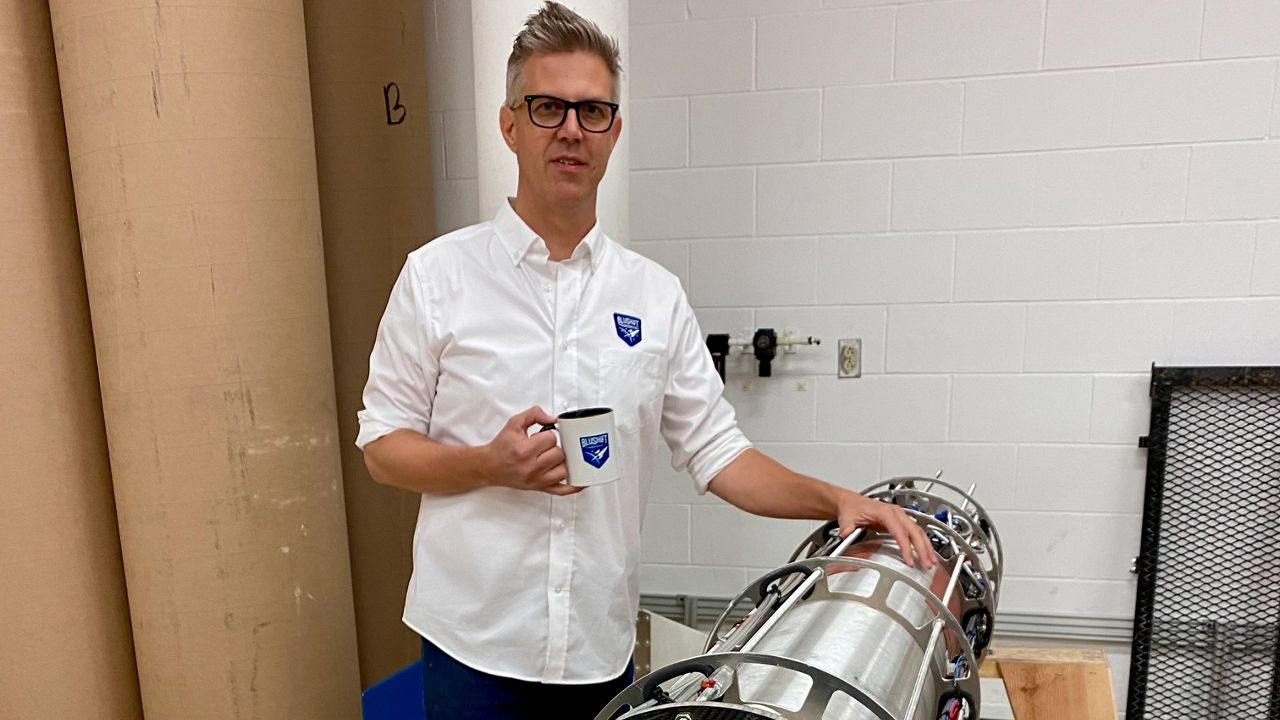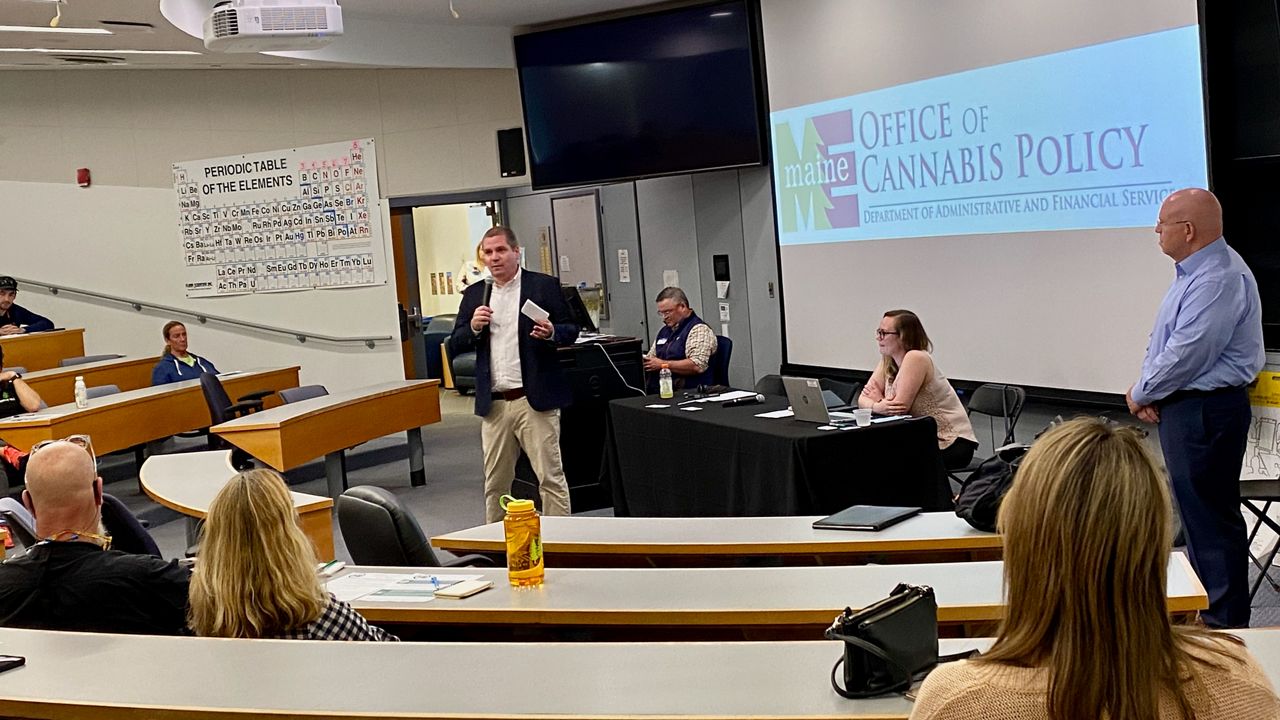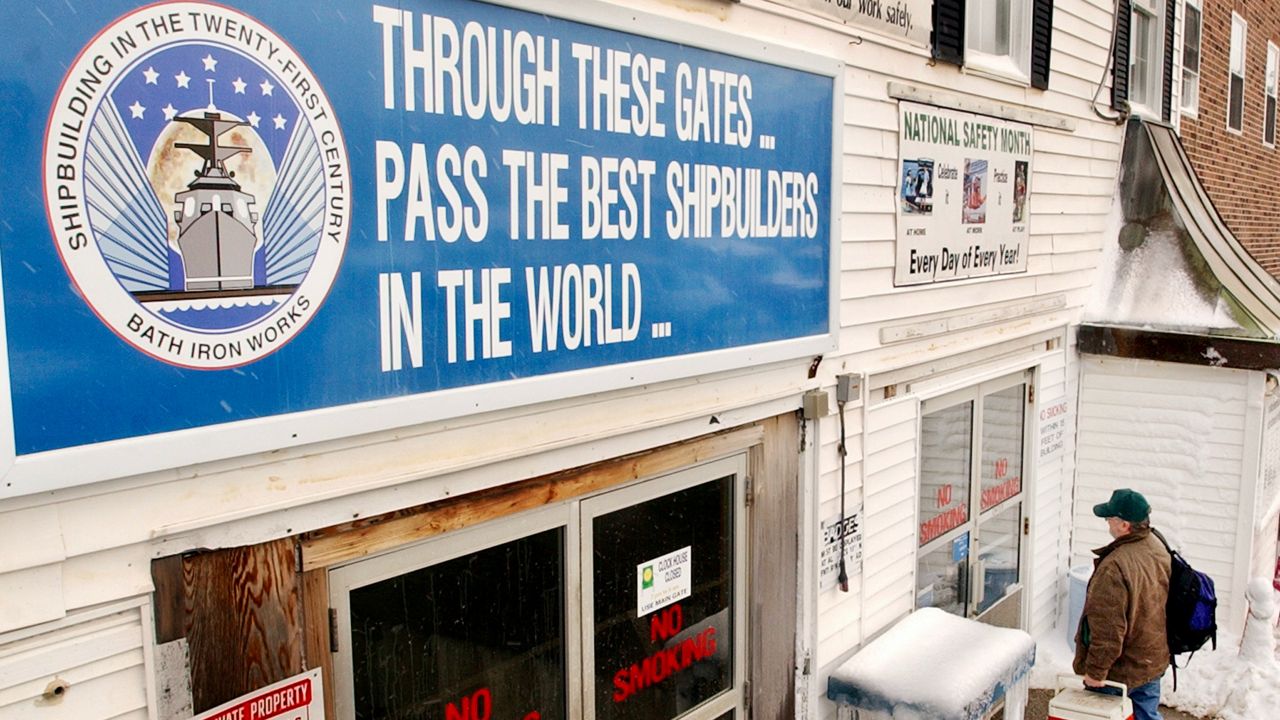A bill to boost Maine’s fledgling aerospace industry is slated for legislative review on Tuesday, with supporters expressing hope it will provide the framework to help the sector grow.
“It’s all about economic development that’s fundamentally providing job opportunities for young folks,” said Terry Shehata, executive director of the Maine Space Grant Consortium, a NASA-funded entity designed to help the state develop space-related infrastructure.
Maine is hoping to develop its slice of the “new space economy” that focuses on small businesses throughout the country rather than relying on government or large corporations, he said. For Maine, our geographic location makes us an ideal place to launch nanosatellites into low earth orbit, said Kristine Logan, executive director of the Midcoast Regional Redevelopment Authority.
“Just because of our geographic location, we have a huge advantage,” she said.
Shehata said those nanosatellites – which he described as no larger than a loaf of bread – can help advance research for Maine-based companies such as the lobster and forestry industries. But the market potential is international, giving companies that build the small rockets and supply ground-support services, the potential to create high-paying jobs, Shehata said.
Economic estimates show that by 2030, the nanosatellite market will be a $69 billion industry worldwide.
To help Maine get a seat at the table, Shehata and Logan are supporting LD 1923, “An Act to Establish the Maine Space Corporation,” which will get a public hearing Tuesday before the Legislature’s Innovation, Development, Economic Advancement and Business Committee. The bill is sponsored by Sen. Mattie Daughtry (D-Brunswick).
It's similar to a bill that earned unanimous committee support two years ago, but never reached the full House and Senate because of the pandemic-shortened legislative session, Shehata said. Back then, 16 different entities testified in support, including the University of Maine, Educate Maine and the Maine Community College System.
The current bill creates a corporation that can receive funds, gifts, grants and bequests. It would be governed by a 15-member board of directors that will include representatives from Aroostook, Cumberland and Washington counties; large and small aerospace businesses; a nonprofit research organization and K-12 schools.
The link to education is important to Logan, who said schools can be supplied with kits to create their own experiments to be launched into space.
“It’s great hands-on learning that can be expanded on,” she said. “Kids will know if they love it, there’s an opportunity to stay here in Maine and be successful.”
The bill also outlines possible business units to be created, including the Maine Space Data and Advanced Analytics Center of Excellence, which is described as a “state-of-the-art computer center” that would analyze data gathered by the satellites; the Maine New Space Innovation Hub that would serve as a business incubator and Maine Launch Sites and Services, which would set up staging and launch sites.
Some aerospace businesses are already up and running at Brunswick Landing, the former site of the Brunswick Naval Air Station. They include bluShift Aerospace, which last year launched the first biofueled rocket from a site in Aroostook County. In addition, Brunswick Landing is home to Greisen Aerospace, which builds ground support systems, and a new company is likely to move in soon that builds hydrogen-powered engines, Logan said.
Because it’s a former military base, Brunswick Landing already has an FAA certified airport with runways, hangar space, high grade broadband and three-phase power. As the industry grows, it will be important to have a corporation to help the public understand how the industry can benefit Maine, Logan said.
That will be particularly key when it comes to finding launch sites. Late last year, residents of the Washington County towns of Jonesport and Beals voted against a project floated by bluShift to launch nanosatellites from a nearby island.
Logan said part of the job of the corporation will be to vet potential launch sites.
“When Maine Space Corporation is formed, that will be part of their mission, finding the most appropriate launch sites,” she said. “There are places where it will fit really well and we’ll discover those.”
Shehata puts the new space economy into perspective by thinking about President Kennedy’s call to action in 1962 to go to the moon. He said Kennedy knew the investment in that technology would lead to innovations beyond space. Today, we have cellphones, laptops and wireless technology thanks to those advances.
“It’s not about shooting rockets up to space,” he said. “It’s about everything that’s happening under that.”







